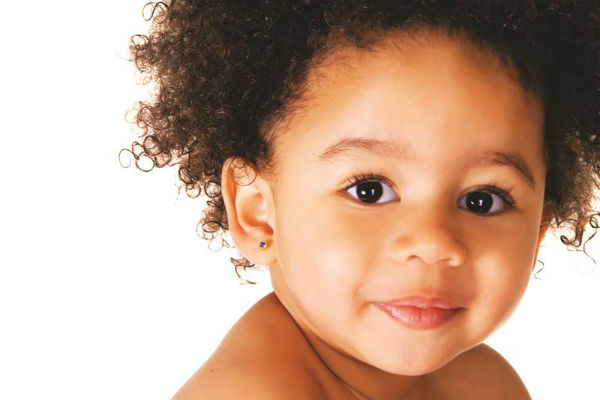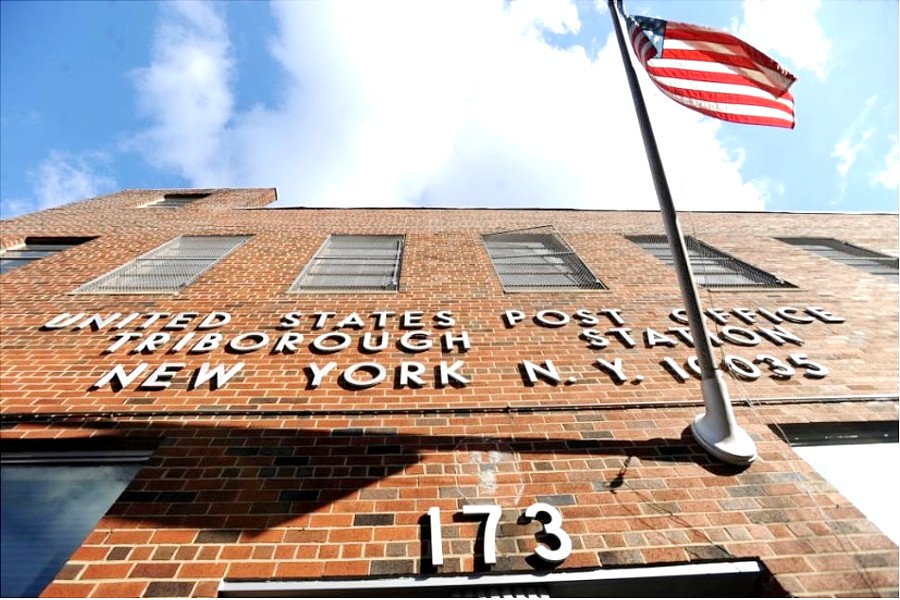 While many consumers take action to try to slow the aging process,
While many consumers take action to try to slow the aging process,
a new study conducted by researchers from Penn State explored how giving birth could actually speed up aging for many women.
According to their findings, the number of times a woman gives birth can affect the aging process post-menopause.
“Our findings suggest that pregnancy and birth may contribute to the changing and dysregulation of several different physiological systems that may affect aging once a person is post-menopause,” said researcher Talia Shirazi.
“This is consistent with the metabolic, immunological, and endocrinological changes that occur in the body during pregnancy and lactation, as well as the various disease risks that are associated with pregnancy and reproductive investment more generally.”
The energy associated with childbirth
To better understand how childbirth affects the biological aging process, the researchers analyzed data from over 4,400 participants involved in the Centers for Disease Control and Prevention’s (CDC’s) National Health and Nutrition Examination Survey.
The researchers compared the number of births with nine biological markers of aging, including immune function, kidney function, and red blood cell disorders, among several others.
“We wanted to look at measures that would help capture the age and functioning of the body’s major organ systems, instead of looking at aging at the cellular level,” said researcher Waylon Hastings.
The researchers discovered a very interesting trend between the number of times a woman gave birth and the biological aging process.
Women who had given birth three or four times appeared to age as expected post-menopause; however, women who had between zero and two births, and those who had more than four births, experienced an accelerated aging process following menopause.
“We think there’s something going on, some sort of trade-off, between aging and reproduction,” said Shirazi. “This makes sense from an evolutionary biology point of view, because if you’re spending energy in pregnancy and breastfeeding, you probably don’t have as much energy to allocate towards things like physiological maintenance and defense.”
The researchers also hypothesized that the change in hormones during menopause could have an effect on the aging process.
They explained that reproductive hormones serve as a protective barrier as women age, but once menopause hits and those hormones are gone, women are more susceptible to the biological effects of aging.
Moving forward, the researchers plan to do more work in this area to better understand how giving birth and menopause can affect women later in life reports Consumer Affairs.
“This transition into menopause, and female reproductive health in general, is very much under-researched, and not as well understood as it should be at this time,” said Hastings. “So if we can see that there are these changes in aging as a function of reproduction and menopause, and we don’t have a great explanation for why, then that’s a sign we should investigate this more.”
Become a Harlem Insider!
By submitting this form, you are consenting to receive marketing emails from: Harlem World Magazine, 2521 1/2 west 42nd street, Los Angeles, CA, 90008, https://www.harlemworldmagazine.com. You can revoke your consent to receive emails at any time by using the SafeUnsubscribe® link, found at the bottom of every email. Emails are serviced by Constant Contact








